The Development of Digital Marketing
/How Has Digital Marketing Changed?
Digital marketing is constantly evolving, algorithms, updates, new features, even new platforms, which means it is getting more difficult to understand how to get the best out of your online content. Organic reach is lower than ever and paid social media advertising has become so prevalent that most platforms become saturated. Just think how often you see a sponsored post these days when scrolling through Facebook, Twitter or Instagram. In this blog we’ll help you understand the major developments in digital marketing to date.
The Genesis of Digital Marketing
Because digital marketing is the promotion of products or services using electronic channels, it’s safe to assume that traditional marketing (events, billboards, flyers etc) became ‘digital’ when other aspects of our lives went ‘online’ too.
Timeline of Digital Marketing
The internet changed everything. Forever. Although there were various networks and information sharing as early as 1983, the internet as we know it was made readily available around 1993. The term digital marketing was first used at this time. Here’s a timeline of major events that have shaped digital marketing:
1993 – The first clickable ad went live, after which many companies purchased ‘banner ads’ for advertising.
1994 – Yahoo! GeoCities, a web hosting service was founded. This allowed users to create and publish websites and to browse other user-created websites.
1994 – Cookie technology appeared which helped website remember where you browsed, your website logins, shopping carts and more.
1997 – first recorded usage of acronym, ‘SEO’ (search engine optimisation).
1998 - Google was born.
2000 – Google launched AdWords (now known as Google Ads).
2000 – Google uses A/B testing.
2001 – Universal launched the first mobile marketing campaign.
2003 – LinkedIn was officially launched.
2004 - The Facebook was created by Mark Zuckerberg and his University friends. Later changed to ‘Facebook’.
2005 – YouTube was launched.
2005 - Google launched its very own analytic site, the aptly named Google Analytics, allowing digital marketing professionals to see if their way of advertising was pulling the right traffic in to a website.
2006 – Microsoft left MSN behind and launched Live Search.
2006 - Twitter was launched.
2009 – The age of the influencer began with individuals gaining popularity on YouTube and other platforms.
2010 – Google started using search history ads, allowing more effective targeting.
2010 – Instagram was launched.
2012 – Facebook buys Instagram.
2014 - Yellow Spider Media was launched!
2014 – Instagram launched its own business tools for analytics and insights.
2014 – Facebook buys WhatsApp.
2014 - Google My Business was launched
2016 - TikTok was launched.
2017 – Instagram announced a new shopping feature.
2018 – GDPR gives users better privacy online.
2020 – COVID pandemic led to a huge increase in video calls, and digital transformation of many businesses.
The Future of Social Media
As a digital marketing agency, it’s in our best interests to keep on top of developments, updates etc. (Metaverse, anyone?) so we can provide the best services to our clients. And things move so fast it is hard to keep up, especially if you are a business owner who is busy simply running the business. That’s’ why outsourcing your social media ensures you are being seen on social media platforms while you do your job!
We are happy to help so get in touch if you want to discuss how we can help.

